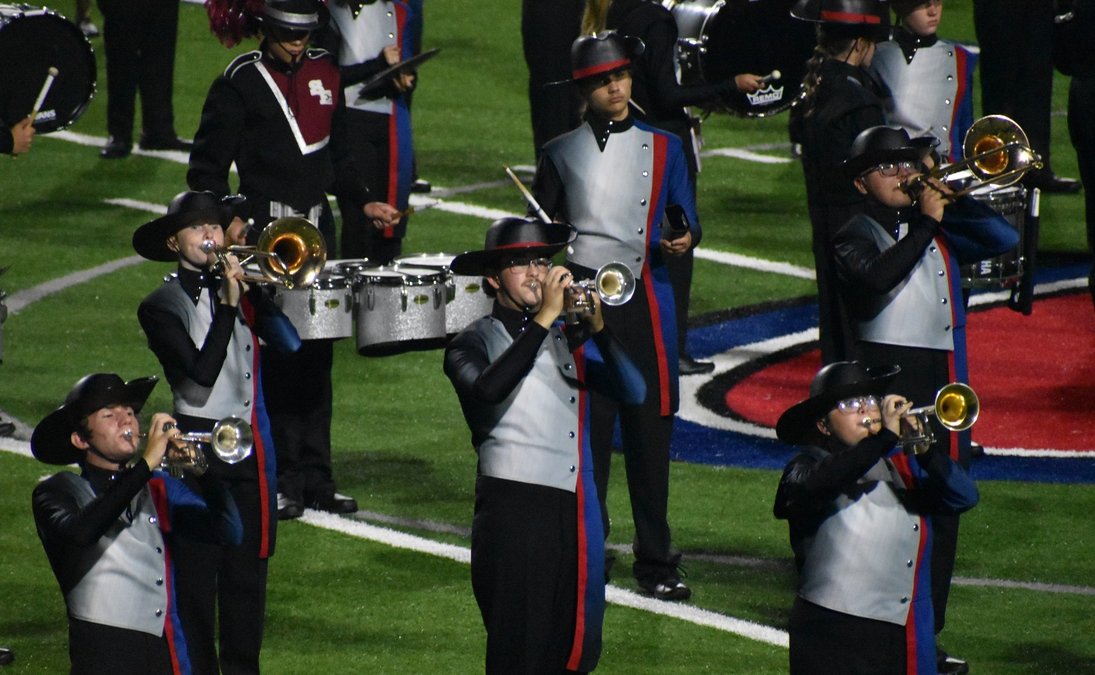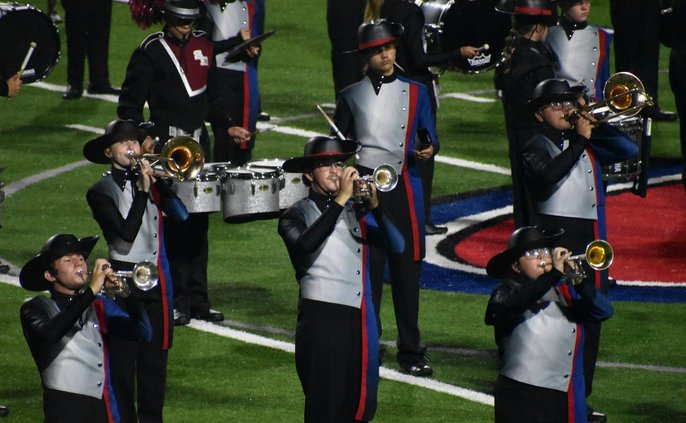The city of Guyton faces another legal challenge to its plans to build a wastewater treatment plant.
Craig Barrow, who owns property adjacent to where the plant will be built and its sprayfield established, has appealed a state administrative judge’s ruling that the state’s land application system permit for the city was valid — even though the judge agreed with Barrow on several key points.
“We’re still in a holding process,” said Guyton City Manager Robert Black. “Where that is going to lead, I don’t know at this point. That is something our lawyer is going to have to tell us.”
Barrow filed an appeal of Administrative Law Judge Kristin Miller’s decision in Chatham County Superior Court on June 25. Under the state Environmental Protection Division’s permit, Guyton plans to put in a sprayfield on 265 acres off Riverside Drive, across the road from Barrow’s property. Approximately 44.1 acres, or 17 percent, of the site will be devoted to the sprayfield.
Barrow argued that the EPD director’s decision to issue the permit should be reversed because it was issued in violation of the state’s antidegradation rule, operation of the sprayfield will violate the state’s water quality standards, the permit was issued in violation of sprayfield guidelines and there will be times the facility will not be able to comply with its permit.
Because the sprayfield is a non-point source that will discharge to groundwater rather than surface water, Judge Miller’s opinion was that a detailed antidegradation analysis was not required. The judge also said there was no evidence the percolate leaving the facility would contain substances harmful to humans, animals or aquatic life.
In her decision, Judge Miller said that although the permit does not strictly comply with the land application system guidelines in all respects, state Environmental Protection Division director Jud Turner was nonetheless authorized to grant the permit.
“That does not mean the Guyton site is an ideal location for an LAS facility,” Judge Miller continued. “On the contrary, as detailed in the Findings of Fact, the site is characterized by rapidly permeable, sandy soils that heighten the risk of off-site migration of wastewater nutrients; a relatively high groundwater table with an uncomfortably close connection to nearby wetlands, which support a large population of vulnerable aquatic species; and a 100-year floodplain that is likely more expansive than has been recognized by FEMA.”
“The judge said this site is the worst possible site for a wastewater treatment plant,” Barrow said.
In his appeal filed in Chatham County Superior Court, Barrow and attorney Jon Schwartz state land application systems “are supposed to be located in an area where vegetation and soils take up pollutants and produce percolate that is high quality and protective of groundwater and surface water.” However, the soils on Guyton’s proposed sprayfields are rapidly permeable sandy soils, Barrow charges, “which means the water flows through the soils quickly.”
Barrow also contends that the proposed land application system “clearly does not comply with DNR’s LAS Guidelines” and that it “will not protect surface water resources.” His appeal also states Judge Miller erred in affirming the sprayfield permit without requiring an anti-degradation review because the site conditions will cause the proposed sprayfield to degrade high quality wetlands.
But sprayfield guidelines “’are not intended to be a cookbook,’” Judge Miller wrote, and Turner is not required to reject a permit if a site does not meet each criteria listed.
Judge Miller also wrote that if the nitrate levels exceed the standards acceptable for drinking the EPD director has “a variety of enforcement tools” available. “Although compliance can never be guaranteed with absolute certainty, the Court is satisfied that the City has the ability to comply with the Permit in this case,” she added.
Because the Guyton wastewater plant will be a no-discharge system, the plant will have to curtail its operations in case of any unanticipated sprayfield flooding.
FEMA challenge
Barrow also challenged FEMA’s final flood hazard determination and his filings against FEMA state that if the FEMA had included part of Guyton’s property in the special flood hazard area, “then it is unlikely Georgia’s Environmental Protection Division would allow the City to spread treated wastewater there.” FEMA responded by stating that Barrow’s historical data did not support a conclusion that the 1993 and 1998 flooding at two locations were caused by the Ogeechee River. FEMA also said Barrow would need to provide a hydrologic and hydraulic study of the area within 30 days to support any change in the special flood hazard area.
U.S. District Judge Randal Hall denied FEMA’s motion to dismiss Barrow’s appeal, issuing his decision July 9.
“At bottom, the issue in this case, objectively framed, surrounds the scope of plaintiff’s timely, well-supported administrative appeal and FEMA’s decision to deem certain data irrelevant or untimely, not whether the plaintiff exhausted his administrative remedies so as to trigger the act’s waiver of sovereign immunity,” Judge Hall wrote.
The Guyton site also includes seven wetlands, encompassing nearly 77 acres, which support a population of amphibians. It is likely that both surface water and groundwater infiltrate the site’s wetlands. Two of the seven wetlands originally were declared isolated but the city agreed to classify all the on-site wetlands as jurisdictional, bringing them under Army Corps of Engineers regulations, to expedite the case.
Portions of the site also are within the 100-year flood zone.
A challenge on economic feasibilitiy
According to Barrow’s appeal, the city also decided it was not economically feasible to treat its wastewater to reuse quality before spraying on the ground. Rather, it proposes to spray wastewater with less treatment, lower quality effluent and more nutrients and salts.
Barrow initially challenged the permit in November 2013, and after three days of testimony, the administrative court ruled he had standing to bring the action. After the EPD director ruled the permit was in compliance, Barrow renewed his appeal, leading to two days of testimony in March of this year.
Barrow also commissioned an economic study of the plant that showed connecting to the county’s existing system would be cheaper.
That report said “capital and treatment costs are much lower … for sending sewage to Effingham County for treatment.” It also said annual sewage treatment costs for connecting to the county would be cheaper by $54,000 to start and $39,000 cheaper seven years out.
Schwartz noted that the city and the EPD did not refute those projections.
The city has been planning for seven years to build a 250,000 gallon-per-day capacity sewage treatment plant off Riverside Drive at a projected cost of $4.75 million. Guyton was approved for a $13.3 million loan from the Georgia Environmental Financing Authority in 2008.
Black said the city wants to start building the treatment plant “right away.”
“As soon as we legally can move forward, we will,” he said. “We’ve been held up now for several years, which has cost the city and every citizen money. We are still planning on having meetings with our engineer and our city attorney to find out exactly what we can do and what we can’t do at this point.”








